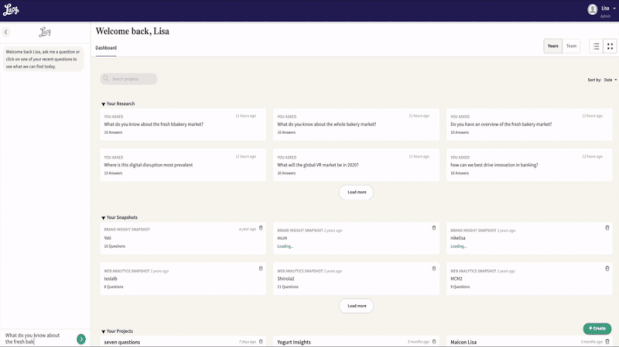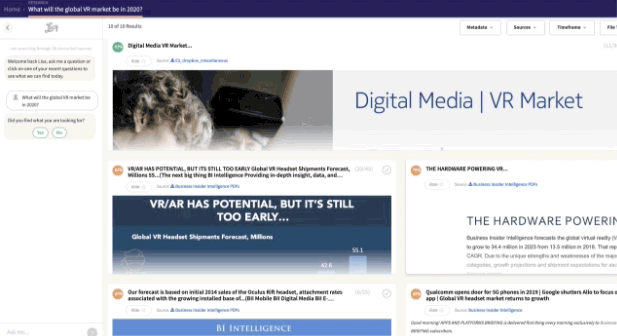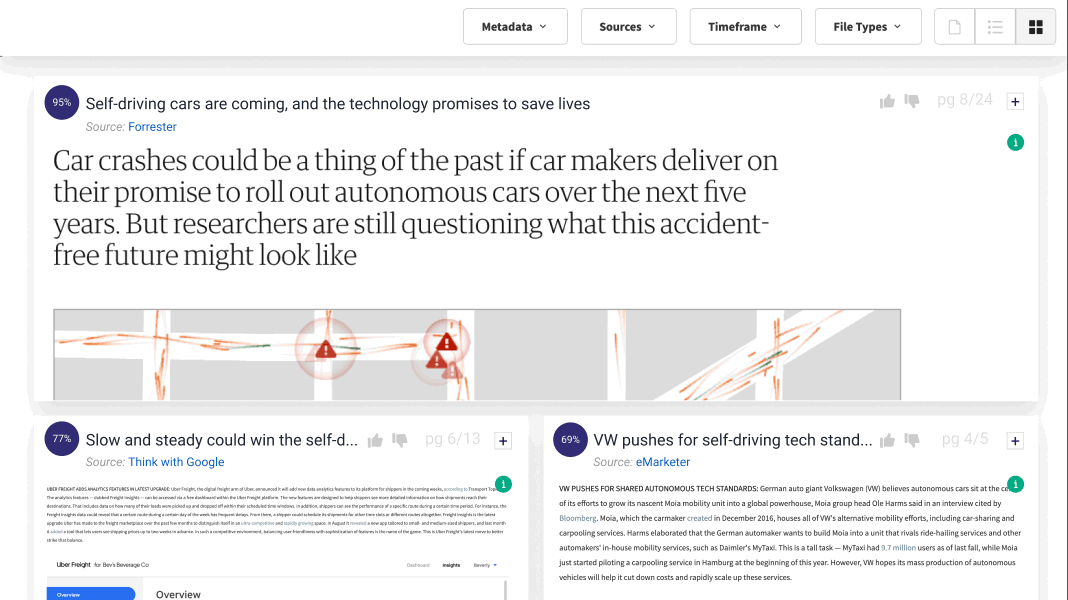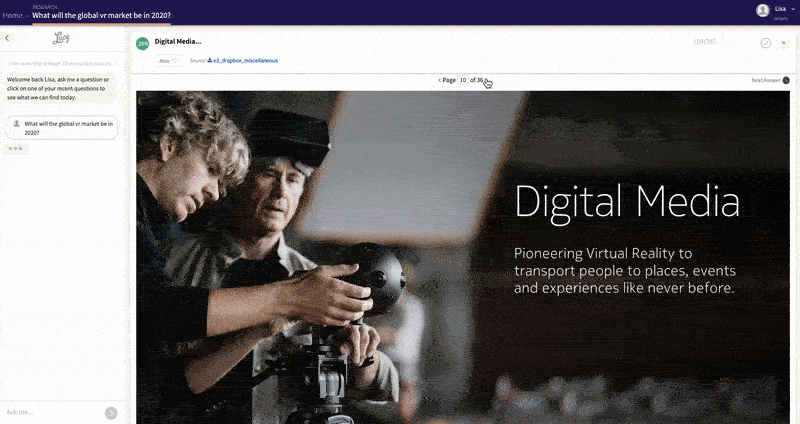One year ago, Microsoft made a groundbreaking $10 billion investment into OpenAI, signaling their commitment to revolutionizing their enterprise solutions with generative AI capabilities. This ambitious move is set to further solidify Microsoft's dominance in the corporate world.
At the forefront of this investment is Microsoft Copilot, a brand that will extend its influence across a multitude of Microsoft products. Specialized Copilots for Word, Excel, PowerPoint, Github, and more will enhance and optimize user experience.
Looking ahead to 2024, AI will undoubtedly remain a core element of Microsoft's enterprise strategy, with Copilot taking center stage. This powerful strategy will not only enhance every Microsoft product but also increase their market share and revenue.
What can users expect from Microsoft Copilot? It offers the integration of ChatGPT functionality directly within MS Word, MS PowerPoint, MS Outlook, and other applications. Need a summary extracted from a proposal? Simply ask Copilot in MS Word. Missed a meeting and want a summary? Utilize Copilot in MS Teams. Want to create a presentation from meeting notes? Ask Copilot in PowerPoint. Copilot truly lives up to its brand name as an AI partner, assisting with a myriad of content summarization and generation tasks.
But where does Knowledge Management fit into this equation? While many enterprise customers eagerly await Copilot for their Knowledge Management needs, it's important to note that Copilot is not a dedicated enterprise search tool. Instead, it aligns more closely with generative AI, focusing on content generation and assistance rather than traditional enterprise search capabilities.
Enterprise search systems, on the other hand, are specialized tools specifically designed to search and retrieve information within an organization's internal databases, documents, and digital repositories. These systems are tailor-made to handle unique data structures, privacy concerns, and information retrieval needs. They seamlessly integrate knowledge from various enterprise technologies such as Microsoft, SAP, Salesforce, Workday, Google, Box, Tableau, PowerBI, and many others.
While Copilot can assist with some aspects of information retrieval, it does not replace the functionalities of specialized enterprise search systems. Dedicated enterprise search systems require specific indexing, advanced search algorithms, and integration with enterprise-level data sources and security protocols, which go beyond the scope of general-purpose AI tools like Microsoft Copilot.
This is where Lucy bridges the gap. By integrating Lucy with Microsoft Copilot, users can harness the powerful generative AI tools of Copilot while leveraging Lucy's deep connection to enterprise data. This integration ensures a seamless and cohesive experience within the Copilot prompt in Office 365.

As avid supporters of Microsoft and their commitment to empowering everyday work with Generative AI through Office 365, we are equally passionate about making data available and actionable to users across the enterprise. Hence the theme of our partnership: "Better Together". Through the inclusion of Lucy, we aim to maximize the value of every dollar invested in data and Microsoft, creating a truly symbiotic relationship between the two.











